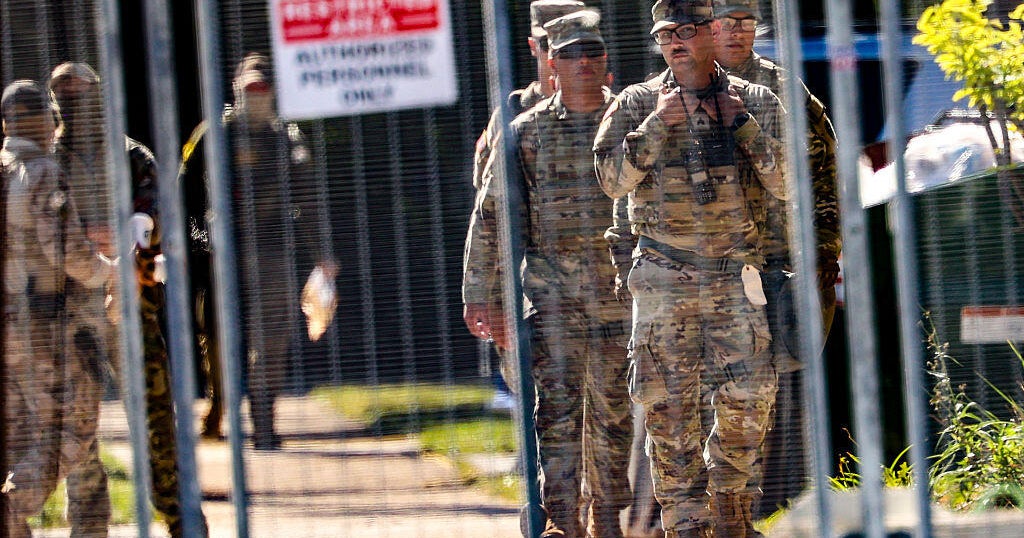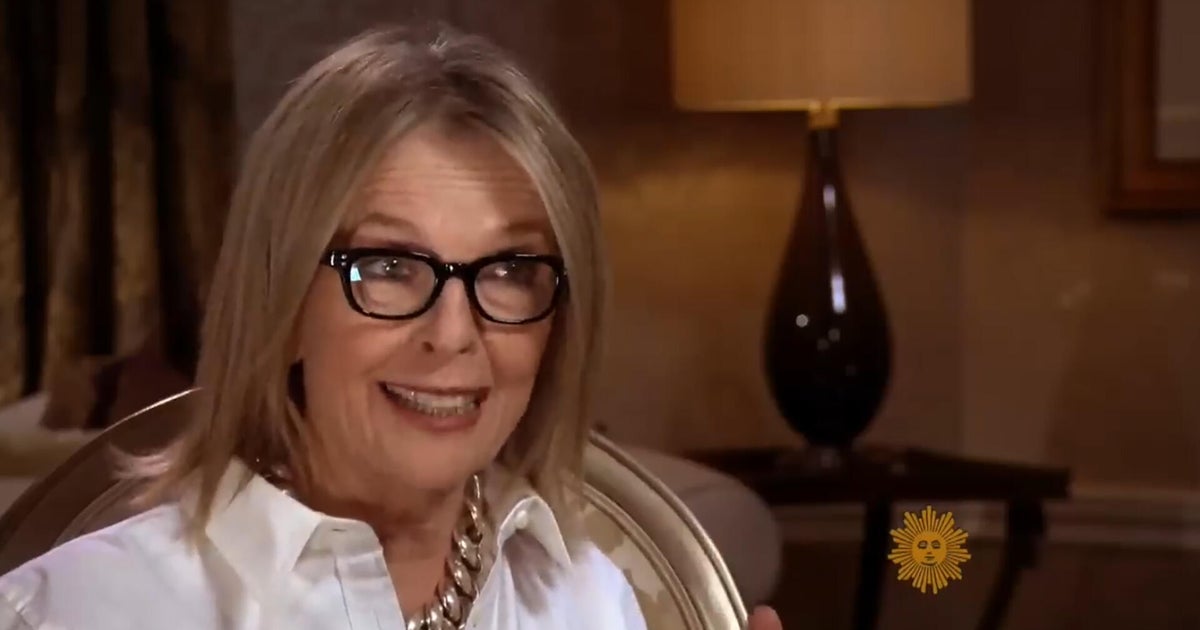“He has made everything beautiful in its time.” This quote, Ecclesiastes 3:11, got me thinking about God’s time, Kairos, as compared to human time, Chronos, and how these very different concepts of time impact our lives.
Chronos keeps us all in its tight-fisted and tyrannical thrall. We clock on and off. We work to deadlines and due dates, outputs and key performance indicators. Our time is not our own, divvied up as it is by digital timelords and the next notification on the phone.
Time cannot pool gently around us, but must be charted and regulated so that we cannot daydream or allow idle imagination to transport us beyond the time zone of here and now and hurry and quick! How I long to amble and dawdle, to linger and ponder, to take my time, to slow down and stoop, to notice the small things…

Rudyard Kipling’s conception of a minute and its “sixty seconds’ worth of distance run” seems to belong to another time. Credit: DEA PICTURE LIBRARY
This is where mystery and wonderment and solace live, a space where grace and gratitude are let in. It is noticing the first blossom of spring, reading a lovely poem, sitting idly on a park bench in the sunshine and watching the simple joys of children playing and dogs chasing balls.
Just sitting quietly, without a to-do list or other self-appointed urgencies, is time hallowed for thinking about the things, big and small, that make a life. Minor elations and the existential ache. Certainties and ambiguities. Happy reminiscence and imaginative future planning. Mental excursions and prayer.
These gentler times may open a window to self, some time for looking beyond the din and demand that can so distort what our lives could be. Kairos moments allow us to step into another dimension, to log ourselves off from the enslavements of timetables and time trials, to grasp the freedom of true time, a small slice of slow that restores equilibrium and calm.
That lovely old phrase “in the fullness of time”, with its hint of completion and fruition, no longer unfolds as it should, but is wrenched open by immediacy and instant gratification in a world that counts itself lucky for something to go viral.
Rudyard Kipling’s minute with its “sixty seconds’ worth of distance run” seems now to belong to an easily dismissed olden time.
The theologian Paul Tillich describes Kairos as the moment when the eternal breaks into the temporal. Such moments are the grace notes in the plain chant of everyday life.
As we hurry through our days, perhaps we can slow to a pace that encourages us to make time to look within, to look up, to put the phone away. We might just find the right time for every purpose under heaven and witness the small joys that are the hundreds and thousands scattered colourfully on life’s daily bread.
Ann Rennie is a Catholic educator and author, whose book The Daily Mystic is forthcoming.


















































